Interested in jobs in Bulgaria?
Teaching Traveling: Today we’re thrilled to have the first-hand story of my former Boston Public Schools coworker, Pei Pei, who is currently in month two of a fascinating teaching gig in Sofia, Bulgaria!
Take it away, Pei Pei.
I am 28 years old, from Boston, MA, and I went abroad this year to teach after five years of working in the Boston Public School system as a high school English teacher. I have always really loved travel and languages but never studied abroad or lived abroad for more than six weeks.
Teaching abroad was an idea I’d been toying with for a while, so I thought I needed to seize the opportunity and “just do it.” The longer I waited, the harder I knew it was going to be to get up and go. I was really attached to my students and colleagues at my old school, but I was also eager for some new experiences, new students, and new models of teaching and learning.
So I registered with Search Associates, which I’d heard about through a college classmate who taught in the Philippines after graduating. I attended the Cambridge fair in February and a couple of weeks later signed a contract with my current school in Sofia, Bulgaria.
TT: How did it work out, using Search Associates to find a job teaching abroad?
P: I have now been in Sofia for just over two months, and I am honestly loving it! My school paid for my airfare here and has me set up in an apartment that’s way nicer than anything I could afford in the States.
I teach lovely, eager, extremely bright and trilingual Bulgarian students who take 14 classes at once, do all of their homework every day, bust their butts playing football (soccer) on an asphalt pitch, say “good morning” every time they see you, even if they don’t know you, and literally burst into wild applause and cheers when the new faculty and new incoming 8th grade class were introduced at the opening day assembly.
There are about 25 international teachers at the school who are talented, funny, adventurous, inclusive, and dedicated to their jobs and their students while still maintaining lives outside of work, and many of the Bulgarian faculty are experts in their fields and are fascinating to talk to. Between various members of the staff, I am supplied with weekly kick-boxing, yoga, and Balkan dance classes after school to keep me active, because you get some pretty funny looks if you try to go running on the street here (also, it’s nearly impossible due to narrow and uneven sidewalks and insane traffic patterns).
TT: What are the differences between teaching abroad and in the U.S.?
I have already learned an enormous amount from being here. I’m actually one of only a handful of international teachers who had full-time public school teaching experience in the States before coming here, and so I think my experience is very much colored by being a teacher first and a traveler second.
I’m fascinated by the differences in my professional life here. I’m approaching teaching in a completely different way than I used to; I feel sometimes like it’s the other side of the teaching coin.
At my old school, the challenge was to pair rigorous curriculum with academic habits: teaching kids how to be successful students, how to gain the cultural capital and skills to achieve at high levels. So much of what I did was management — not in the purely disciplinary sense, but in the routines and organization and procedures to make the classroom a functional, stable learning environment.
I still do many of those things here, but there’s a tenfold increase in the curricular aspect. These kids already know how to “do school” and they are here to be challenged. You have to be on your toes, ready to take any and all of their questions, and you have to know your material cold. It is like professional development boot camp, every day.
But also, the smaller size of the school and efficiency in certain systems has allowed me to focus just on my classroom. I have to enter in my class’s daily attendance in a school-wide book and online database, but that’s it.
I’m not responsible for excusing absences or making phone calls home. I’m not responsible for tracking and following up on skips (not that anyone ever skips!). Tardies are marked and tracked centrally, and if a student acquires too many, there’s follow-up and consequences from the Dean of Students. There is no detention. There is no hall duty.
Kids are listening to music and on their cell phones in the cafeteria and in common spaces, because when the bell rings they are in their seats and going hard. I confiscated two phones in my class in the first week of school — both just went off accidentally, not that the kid was using them — and have not had a problem with them since. It’s not perfect, but much of it just plain works in a way that many American urban schools don’t, and while circumstances are obviously different, I’m eager just to observe and absorb how things are done effectively here, and bring that knowledge back home with me.
I know you could find similar private schools in the U.S. and I could learn a lot of these things back home. But the other thing I love about my school is that it teaches Bulgarian students, not the American children of diplomats, businessmen, and ex-pats. I get to talk about American slang and American football and Thanksgiving.
They get to teach me how to say “happy birthday” and challenge me to pronounce the Bulgarian word for “milk.” We laugh at things like the hole punchers (or punch-holers, as they sometimes adorably slip up and call them) being different here and idioms that are the same in both languages.
I eat insane amounts of french fries with cheese and get a little bit weary of shopska salad, but I also get to savor little victories like ordering entirely in Bulgarian at a cafe or being able to small talk with a taxi driver who inevitably wants to know 1) if I’m from China, and 2) what on earth I’m doing here.
And while the city of Sofia can be a bit Eastern Bloc in parts and the roads are sometimes in questionable condition, the country is also undeniably gorgeous, with mountains everywhere you turn and little villages nestled in the foothills. Already I’ve been to several small villages and up a few mountains just on short day or weekend trips, and every place I go is more picturesque than the last, with wood smoke wafting from stone chimneys and local babas selling homemade fruit preserves and honey on the side of the road.
I think living abroad forces you to be more balanced in your professional and recreational lives, because you have so many wonderful opportunities for travel that you want to take advantage of. I just got back from Belgrade this past weekend, and I’m going to Barcelona for Thanksgiving and Egypt for Christmas – but in the meantime I’m going to teach my a** off for my Bulgarian students (I hope it’s ok to say that on this website!).
When I told people at home where I was moving, everyone asked me, “Why Bulgaria??” Even my current students ask me that, unable to imagine why anyone would choose to come to their country; as much as they themselves love it, they don’t really expect anyone else to hold that opinion or even know about it.
The cabbies certainly ask me. Nobody in Belgrade (Serbian or otherwise) could understand how or why I was living in Sofia – a fact I found interesting given that most Americans would probably react in the same way about living in Belgrade! But now that I’ve been here a couple of months, my answer forevermore will be, “Why not?”
And that’s really the answer for anyone who wants to travel and teach. When I was still trying to make up my mind whether or not to go, I felt so impossibly tied down to my job, to my location, to my life. It just seemed like too big a “thing” to take on. But now that I’m here, this IS my life. You’d be amazed at how quickly you develop a new routine and things just become normal, even half a world away from your old home and in a language you barely speak.
And you learn so much more about yourself and obviously about other people and cultures just through mundane daily interactions. (You learn to laugh at yourself A LOT.) I would not trade this experience for anything, and I am so glad that I committed myself to doing it.
If you’re interested in reading more about my Bulgarian adventures, feel free to contact me in the comments of this article.
Thanks so much, Pei Pei! Readers, comment away.
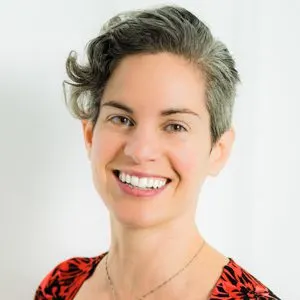
The author, Lillie Marshall, is a 6-foot-tall National Board Certified Teacher of English from Boston who has been a public school educator since 2003. She launched TeachingTraveling.com in 2010 to share expert global education resources, and over 1.6 million readers have visited over the past decade. Lillie also runs AroundTheWorld L.com Travel and Life Blog, and DrawingsOf.com for educational art. Do stay in touch via subscribing to her monthly newsletter, and following @WorldLillie on social media!
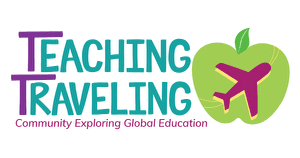

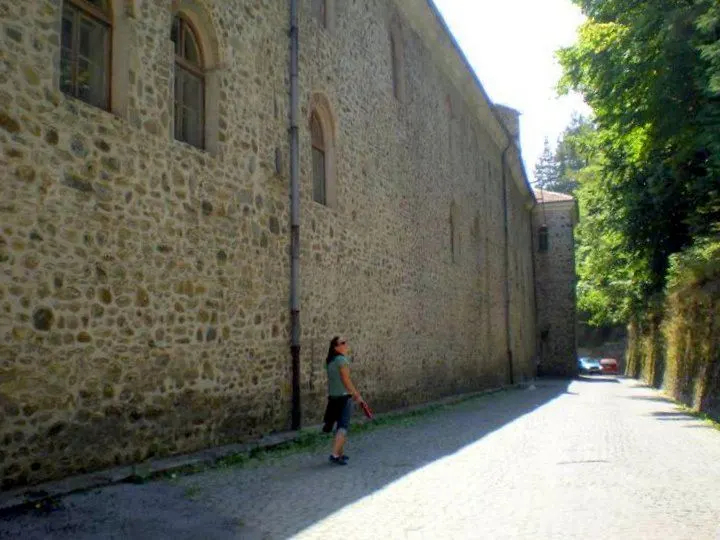
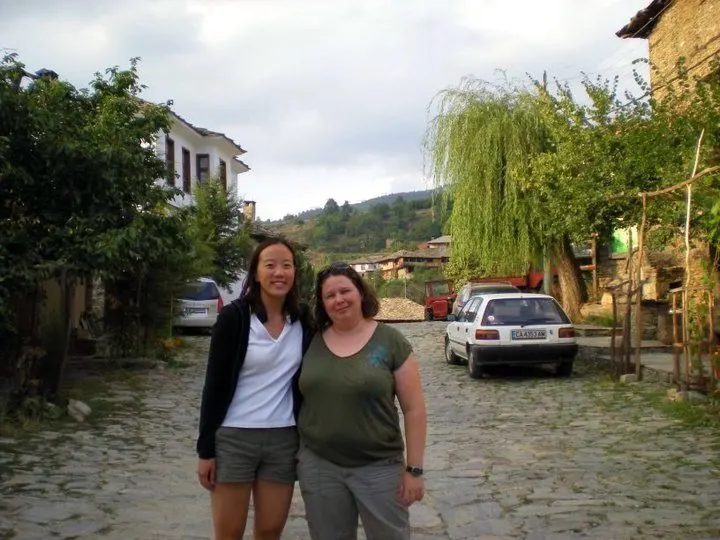
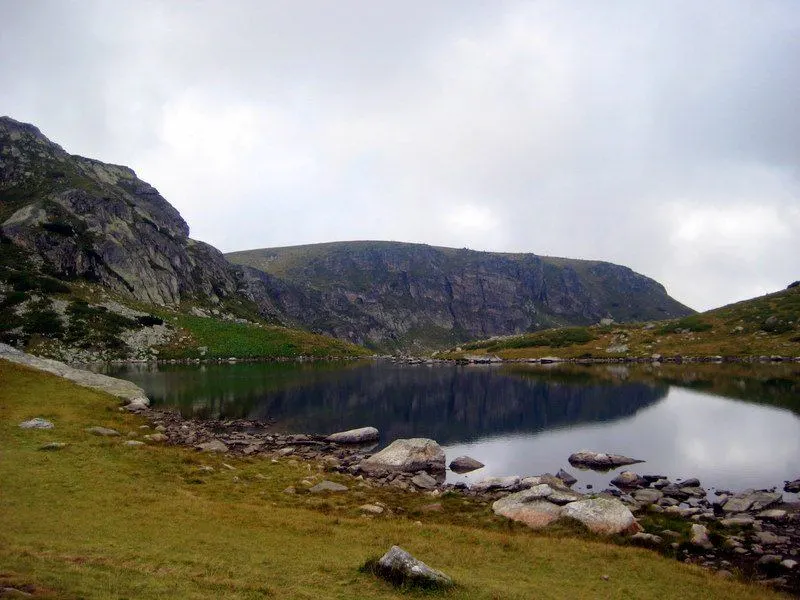
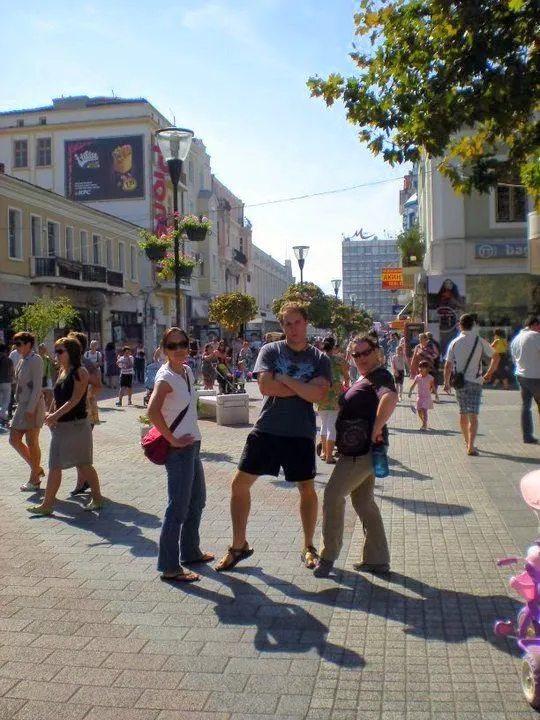
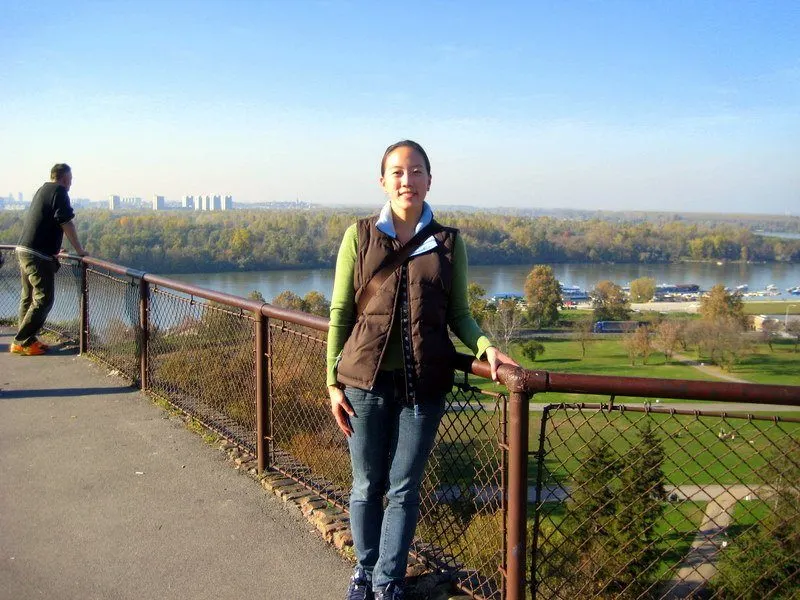
Elizabeth Do
Wednesday 7th of December 2011
I would like to someday travel to Bulgaria. It would be great to travel there because of how hard the students work.
Jerene Kruse
Wednesday 10th of November 2010
Hi--My daughter just left Bulgaria as a Peace Corps Volunteer. She lived in Dren about 45 miles from Sofia for 2 years. My husband and I visited Andrea for two weeks in July 09. I am an Art Teacher in Nebraska and found your blog through the School Arts website. I know that Andrea would be able to connect you to some other US people in Bulgaria if you are interested. She could also tell you some places you could visit while in the country. So, if you are interested email [email protected] I will continue to read of your adventures. I think it is a wonderful opportunity for you.
Pei Pei
Sunday 14th of November 2010
Thanks for the tip! I would love to contact her.